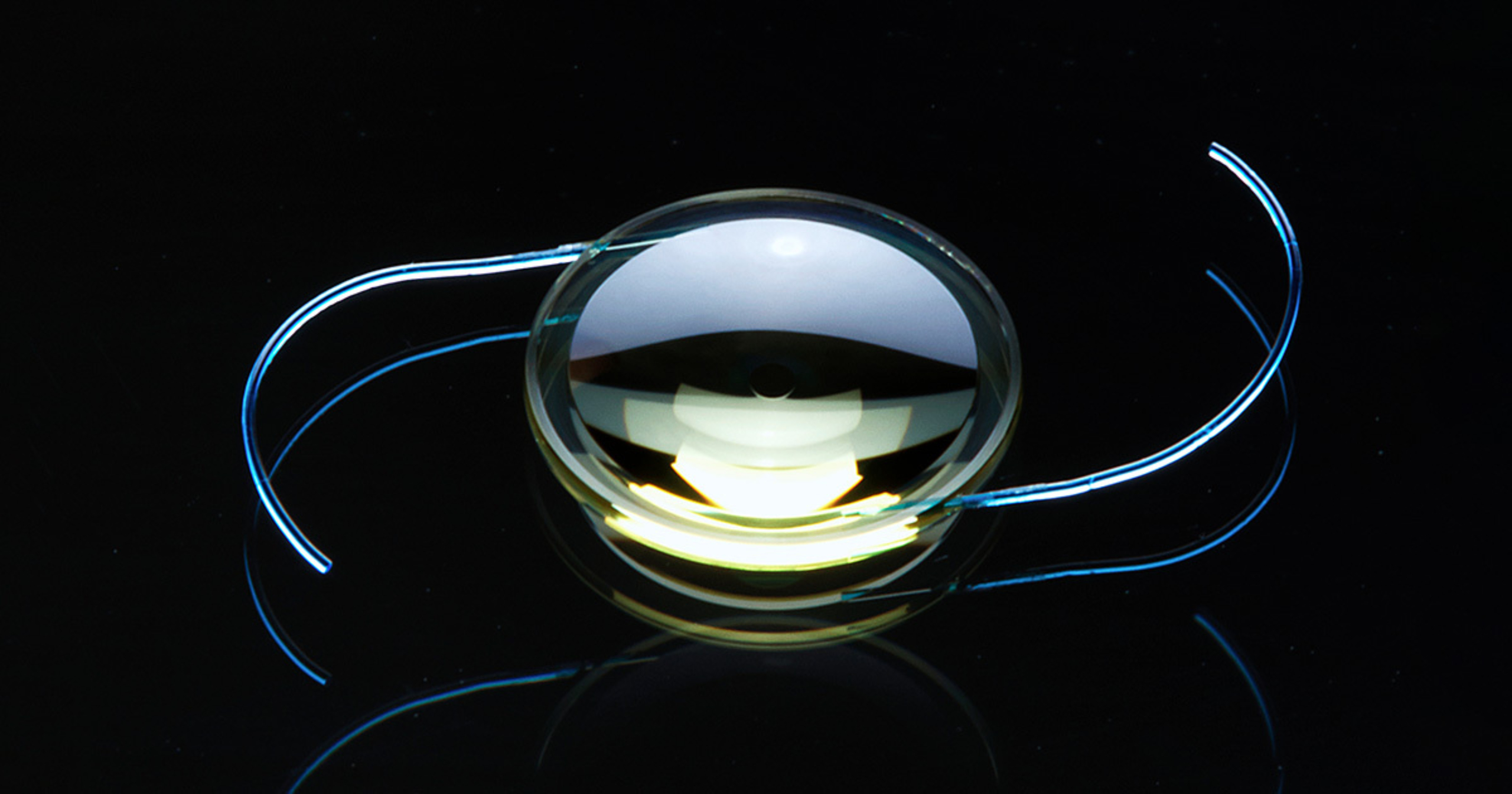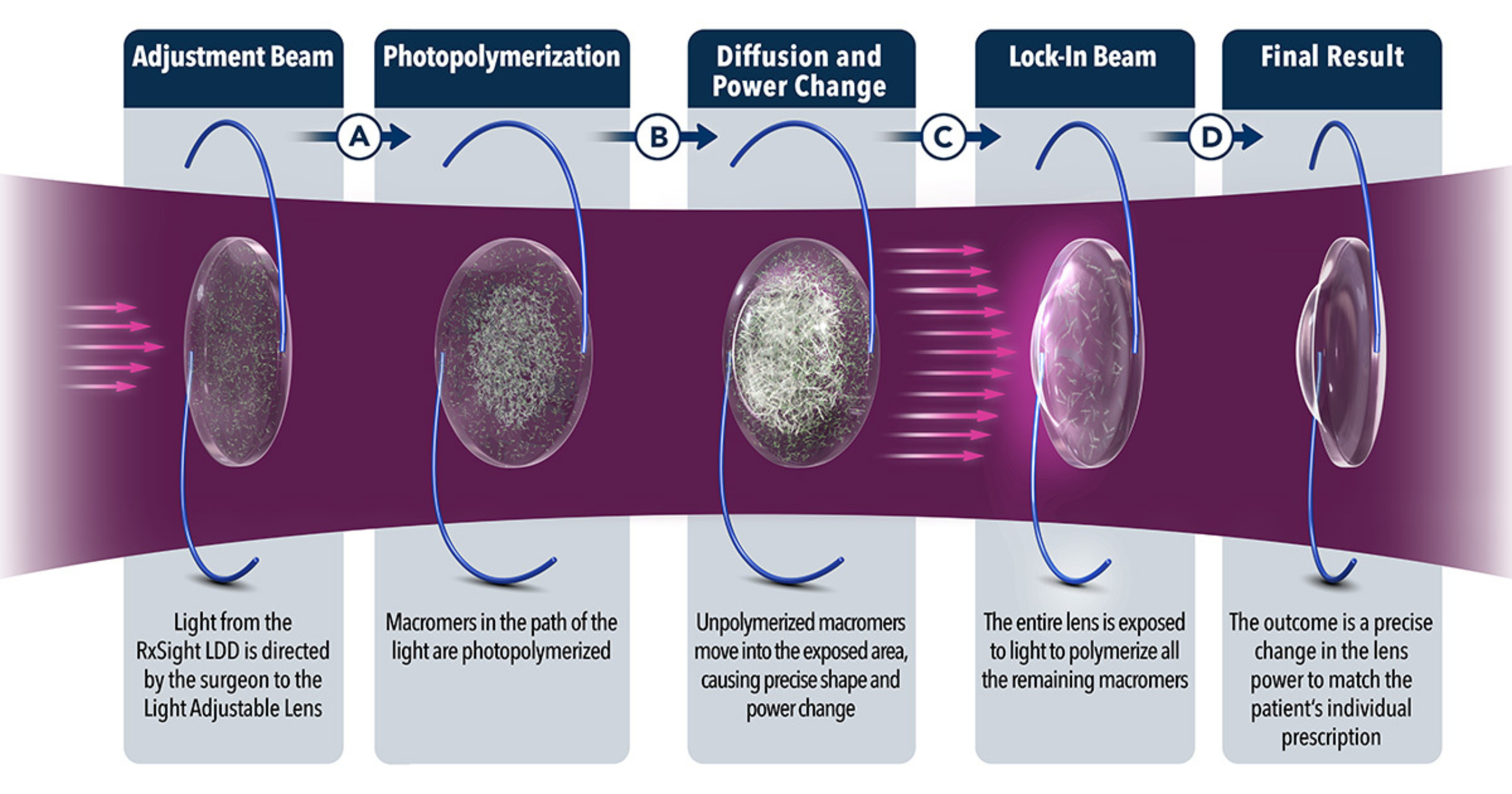Bringing Life Into Focus
UT Health Austin ophthalmologist helps patient reclaim his vision
Reviewed by: Eric Crowell, MD, and Donald “Don” Kettl
Written by: Kaylee Fang
At 72 years old, Donald “Don” Kettl didn’t expect the successful treatment of his prostate cancer to lead to a new medical challenge—cataracts, a condition that causes the eye’s natural lens to become cloudy and impair vision. Following a series of hyperbaric oxygen therapy in the summer of 2024, Don’s cataracts developed rapidly. What started as a manageable condition quickly began to disrupt his daily activities.
“I’m deeply passionate about public policy and rely on my vision for reading, writing, and analyzing reports,” explains Don. “As the cataracts progressed, even these basic tasks became a struggle.”
In October 2024, Don turned to UT Health Austin’s Mitchel and Shannon Wong Eye Institute for answers. He scheduled an evaluation with Eric Crowell, MD, MPH, a fellowship-trained ophthalmologist and the Clinical Director of the Mitchel and Shannon Wong Eye Institute. “Scheduling was easy, and appointments always started on time,” notes Don. “Dr. Crowell took time to answer all my questions and really listened to my concerns.”
A Clear Path Forward
As his vision worsened, Don found it increasingly difficult to enjoy his favorite hobbies. Reading on a monitor became uncomfortable and frustrating, even with large fonts and sitting close to the screen. “I couldn’t find a pair of glasses that worked well for computer use,” recalls Don. “Progressive lenses made me tilt my head at an awkward angle, causing neck pain.”

Looking for a lasting solution, Don learned he was a candidate for the Light Adjustable Lens—the first and only lens that can be customized after implantation. Unlike traditional intraocular lenses, the Light Adjustable Lens can be adjusted inside the eye after surgery to fine-tune vision. This innovation allows patients to personalize treatment based on their unique visual needs, including nearsightedness, farsightedness, and astigmatism.
“As someone who spends hours reading and analyzing data, I was intrigued by the ability to tailor my vision without depending on glasses,” shares Don.
Adjusting to a New Clarity
Don underwent cataract surgery at UT Health Austin’s Ambulatory Surgery Center (ASC), where his cloudy natural lens was removed and replaced with the Light Adjustable Lens. After the procedure, he received a series of light treatments. Using a Light Delivery Device, his care team shaped one eye for distance vision and adjusted the other for near vision.
There was an initial adjustment period as Don’s brain had to adapt to the two different focal points. To protect the lenses during this phase, he wore specialized glasses for several months to block UV light. “Wearing the specialized glasses all the time was a challenge, but the outcome was worth it,” recalls Don. “It was pretty remarkable to see how quickly my brain adapted and how seamlessly my vision transitioned. I can now shift from reading up close on my computer screen to seeing road signs in the distance while driving—without any issues.”
Learn more about the different lens options available.

Personalized Treatment for Precise Vision
The Light Adjustable Lens gave Don the ability to fine-tune his vision after surgery. Following the initial procedure, his vision was evaluated in fractions.
“I could request small tweaks, enhancing reading clarity in one eye while preserving sharp distance vision in the other, and the team made the adjustments accordingly,” says Don.
“The moment I realized how much my vision had improved was when I could clearly read the tiny instructions on my go-to frozen meal packaging,” adds Don. “The sharpness, especially for close-up tasks, exceeded my expectations. Now, I rarely need to reach for my phone’s magnification feature.”
Vision Restored, Life Reimagined
Don encourages anyone living with cataracts to consider the Light Adjustable Lens. “I often find myself reaching for my glasses, only to remember that they’re no longer necessary,” shares Don. “I had been wearing glasses since fourth grade, and transitioning to life without them is nothing short of amazing.”

“It’s also been pretty handy in unexpected ways,” continues Don. “I have two energetic puppies, Wendy and Spencer, and before the surgery, they’d often knock my glasses off while playing. Now, I don’t have to worry about it while I’m having fun with them.”
From diagnosis to recovery, Don’s care team was there to guide him every step of the way. “The care team was incredibly friendly and welcoming,” says Don. “Throughout the light treatments, I met with different team members as various parts of the test were conducted in one place, which was very convenient.”
“Thanks to the collaborative expertise at Mitchel and Shannon Wong Eye Institute,” adds Don, “I not only regained my vision, but also reclaimed the freedom to enjoy what I love doing most.”